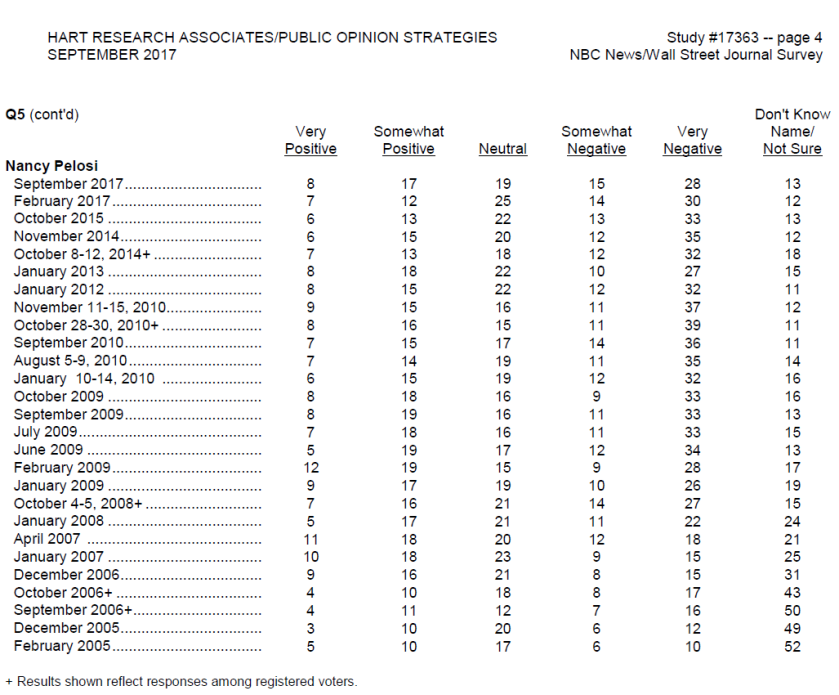Giuseppe Sandro Mela.
2020-02-08.
Sembrerebbe essere cosa ragionevole che il senato americano in tempi brevi rigetti l’istanza di impeachment formulata dal congresso nei confronti di Mr Trump, consentendo in questa maniera l’avvio di una campagna elettorale per le presidenziali di novembre combattuta alla fine sul nodo centrale: quello delle tasse che finanziano ogni azione governativa.
Da quanto sembrerebbe delinearsi, alcuni sono i punti al momenti di interesse.
– La corsa alla presidenza americana sembrerebbe essere gerontocratica: Mr Trump ha 74 anni, Mr Bloomberg ha 78 anni, Mr Joe Biden 78 anni, Mr Bernie Sanders 79, Mrs Elisabeth Warren 71 anni. Non in lizza ma di grande peso decisionale, Mrs Nancy Pelosi ha 80 anni. Se è vero che l’età avanzata ha una grande esperienza sulle spalle, sarebbe altrettanto vero considerare come età di questo livello siano usualmente associate a capacità fisiche e mentali ben minori di quelle godute da un quarantenne. Nel contempo, la persona vecchia di norma risulta essere oltremodo radicata nelle proprie idee, maturate nei decenni precedenti e tetragona a recepire le nuove istanze emergenti. Infine, si constata come embolo lavori prevalentemente in questa fascia di età.
– Al momento è impossibile prognosticare quale possa essere il candidato democratico per la White House, ma tratto comune a tutti gli attuali potenziali candidati è l’aumento sostanziale delle tasse sugli abbienti per finanziare un generoso welfare.
– Sembrerebbe quindi delinearsi uno scontro tra un Mr Trump teso alla riduzione ed un candidato democratico portato all’aumento delle tasse. Al contrario della campagna elettorale fatta a suo tempo da Mrs Clinton, questi argomenti toccano da vicino tutti gli Elettori americani, molto sensibili ai problemi dei loro portafogli.
* * *
«Billionaire candidate Mike Bloomberg unveiled a tax plan on Saturday would unwind corporate tax-breaks granted by President Donald Trump and impose at 5% surtax on incomes above $5 million a year»
«Billionaire Democratic candidate Mike Bloomberg unveiled a tax plan on Saturday that would unwind corporate tax breaks granted by President Donald Trump and impose an additional 5% “surtax” on incomes above $5 million a year»
«According to the campaign, the plan in total would generate roughly $5 trillion and would be sufficient to help fund Bloomberg’s initiatives, including his healthcare plan, education, combating climate change and more than $1 trillion infrastructure plan»
«The campaign did not state how much it would generate from its surtax on incomes above $5 million a year, though noted it would only impact less than 0.1% of taxpayers»
«Bloomberg, like fellow moderate candidate Joe Biden, thinks Trump’s 2017 Tax Cuts and Jobs Act went too far. Both want to hike the corporate tax rate up to 28%, after Trump lowered it from 35% to 21%.»
«Both want to reverse the Trump tax changes that lowered taxes on high-income households from 39.6%. to 37%. Both propose raising capital gain taxes for high-income taxpayers.»
«Bloomberg’s tax plan comes as the economy and taxes take center stage in the 2020 presidential election»
«Critics have argued the move is unconstitutional»
* * * * * * *
Queste elezioni 2020 saranno cruciali.
Non solo per quella che sarà la figura umana e politica del presidente eletto, ma anche perché nel prossimo quadriennio dovranno essere rinnovati centinaia di giudici federali nelle corti di appello ed in quelle distrettuali. Una riconferma del presidente Trump sancirebbe la fine del potere giudiziario dei liberal democratici ed inizierebbe una periodo di molti decenni di predominio giuridico dei repubblicani.
*
Usa 2020: Bloomberg, nuove tasse su ricchi
Ma non imposta sui paperoni voluta da Sanders e Warren
Un aumento delle tasse per 5.000 miliardi di dollari per i ricchi e le grandi aziende. E’ il piano di Michael Bloomberg, l’ex sindaco di New York candidato alla Casa Bianca. L’iniziativa prevede l’eliminazione del taglio delle tasse di Donald Trump e un aumento delle imposte sul capital gain per gli americani che guadagnano oltre un milione di dollari l’anno. Pur trattandosi di un piano ambizioso, l’iniziativa di Bloomberg non prevede alcuna maxi tassa sui ricchi simile a quella per cui spingono i rivali Bernie Sanders e Elizabeth Warren. Secondo lo staff di Bloomberg, una imposta simile potrebbe infatti essere ritenuta incostituzionale, parere condiviso anche da molti esperti legali progressisti.








